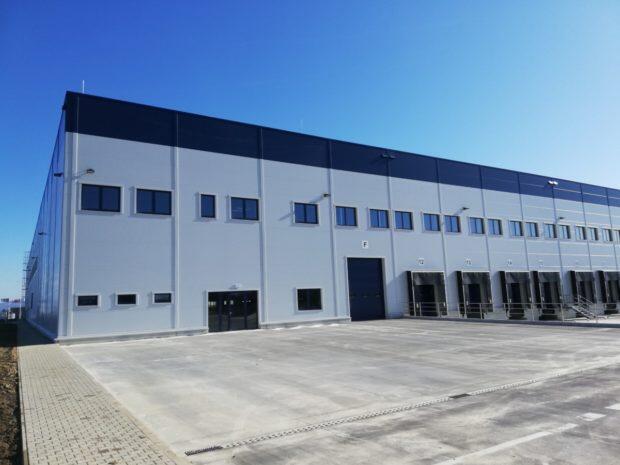For commercial real estate, the impact of the pandemic is individual. It is mainly related to the composition of current tenants, taking into account factors such as income stability, occupancy or resilience of operations. Commercial real estate is doing just as well as its tenants. Specialists from the real estate consulting company 108 AGENCY summarized their view on the impacts of the "corona crisis" on individual segments and came up with estimates of further developments.
Shopping centers and recreational facilities suffered the most
From commercial real estate, hotels were significantly affected, especially with a focus on foreign clients and shopping centers, which were closed for a long time or had very limited operation. The future shape of the retail market is likely to be largely influenced by the transfer of customers to the world of e-commerce, and online shopping is likely to affect the occupancy of retail space in the future. As a result of these changes, shopping centers may change into so-called Experience centers, where the customer gets acquainted with the product and then will be able to order it online with express delivery to their address.
"The sharp restriction hit the gastronomic establishments the most, which operated in a very limited mode with reduced working hours. We also record cases of unit closures in shopping centers. Today, food chains, pharmacies, spirits retailers, hobby markets, sports equipment retailers and service providers, and last but not least, furniture retailers are doing best, ”says Jakub Velko, leasing consultant at 108 AGENCY.
"It will be very interesting to monitor the Christmas sales, from which the future situation will depend - turnovers will affect the viability of companies. We will see if there will be euphoria or disappointments after Christmas and customers will get scared of the "pre-war state" and will spend less, and only for basic needs and services, "adds Jana Pavlíčková from the Prague branch of 108 Agency.
Industrial real estate as the winner
In the case of the industrial and logistics market, there is a different situation between real estate used for production and logistics. In the case of logistics, the situation led to an increase in demand caused by the development of e-commerce. However, even here the development does not apply widely. The operation of e-shops, supplying, for example, hairdressers or restaurants and establishments, has stopped. For production real estate, the production program plays an important role.
"The industrial segment has been hit the least by the COVID-19 crisis. A much greater attenuation was expected, but in the end there is no indication. In Germany, there is a phenomenal boom in the industrial real estate market and the German economy is also working well. In Slovakia, there was a significant decline in the automotive segment, which is slowly reaching its original numbers.” Says Jakub Velko from the Industrial Real Estate Department of the 108 Agency.
New investment opportunities are opening up
Demand for industrial real estate is still growing. In the search for investors, storage halls appear in particular, and urban logistics plays an important role. These segments hold the level of the market and open up new investment opportunities. Thanks to the development of e-commerce and related logistics, demand has shifted to real estate, which serves these growing segments. Therefore, there is now an increased need to place these services in the required quantity and quality in well-accessible locations, and commercial premises in the period under review have gained in importance also from the point of view of investment funds. This phenomenon brought positive thinking and did not meet the fears of shrinking the market and reducing the value of commercial real estate.
"The attractiveness of investing in Logistics has increased significantly. The performance of investment products in the field of logistics has not been affected and e-commerce is also accelerating new demand and the willingness to pay higher rents in good locations. We also record demand from funds that in previous periods have primarily focused on office, retail or hotel transactions," comments Branislav Jendek, Managing Director of the Slovak branch of 108 Agency, adding:" Investors' expectations now differ significantly from owners' expectations. Due to the current situation, buyers want a lower price, while sellers have an idea of a higher price than in the past due to the stability of the segment. However, we assume that the situation in Q2 - Q3 2021 will return to normal, there will be more flexibility in the execution of transactions and the revenue expectations of sellers and buyers will remain unchanged."
Real estate intermediaries have a more demanding job in the form of finding compromises between supply and demand, and thus there is a longer process of finalizing a business transaction. It is therefore necessary to monitor the development of the situation over a longer period, which will show new trends and offer room for further market analysis.
The final changes in the field of commercial real estate after COVID can only be estimated. Industrial real estate can generally be considered the most stable segment that is resistant to the coronavirus crisis. In the investment segment, there is a change in the direction of interest, when investors are mainly looking for storage halls within reach of cities, and thus new investment opportunities are emerging.
Source:// Systémy logistiky







